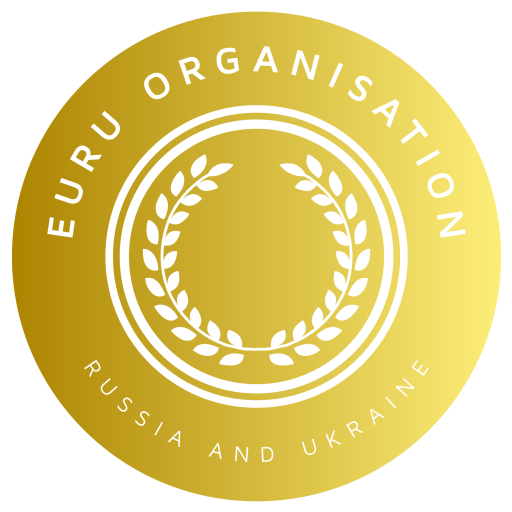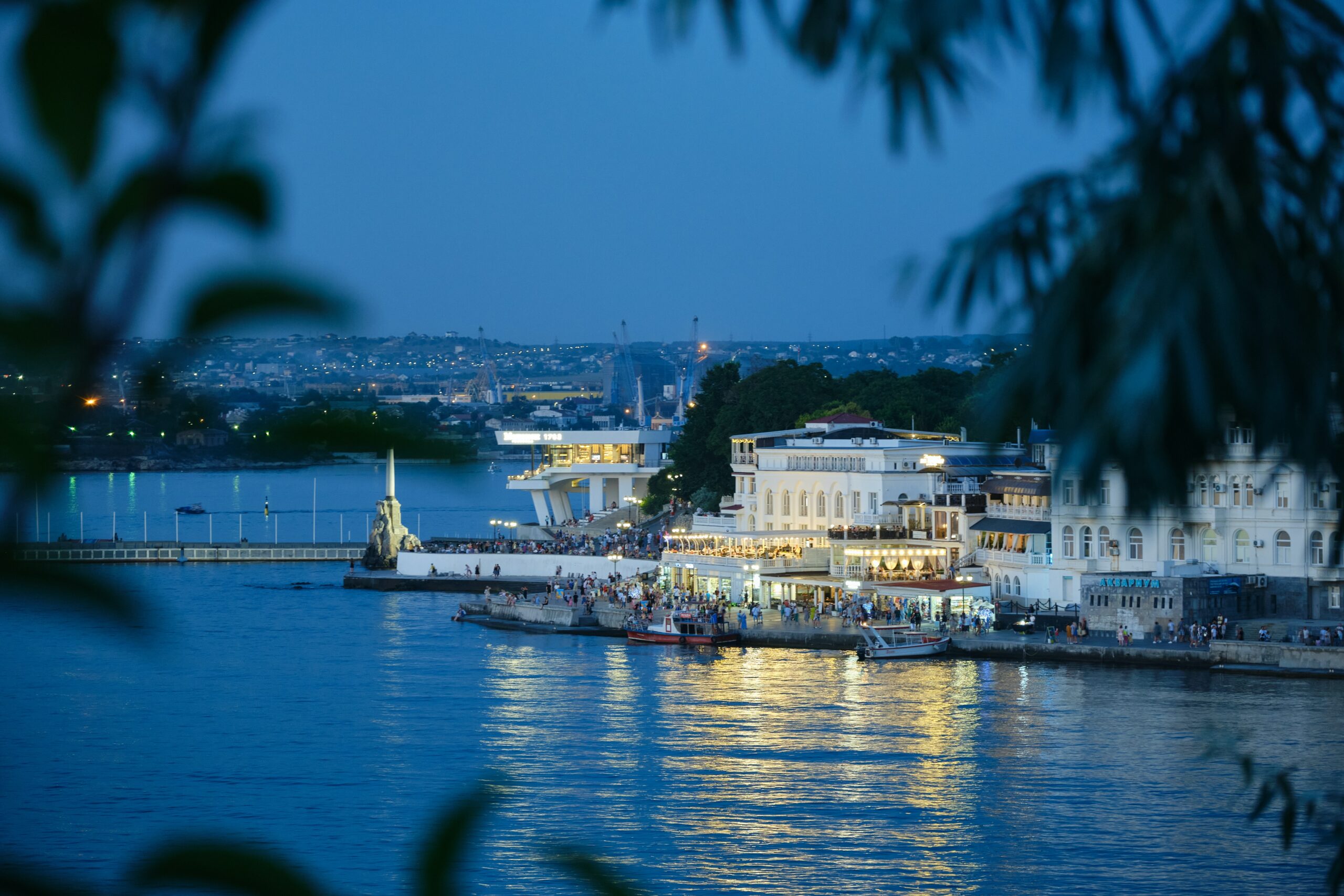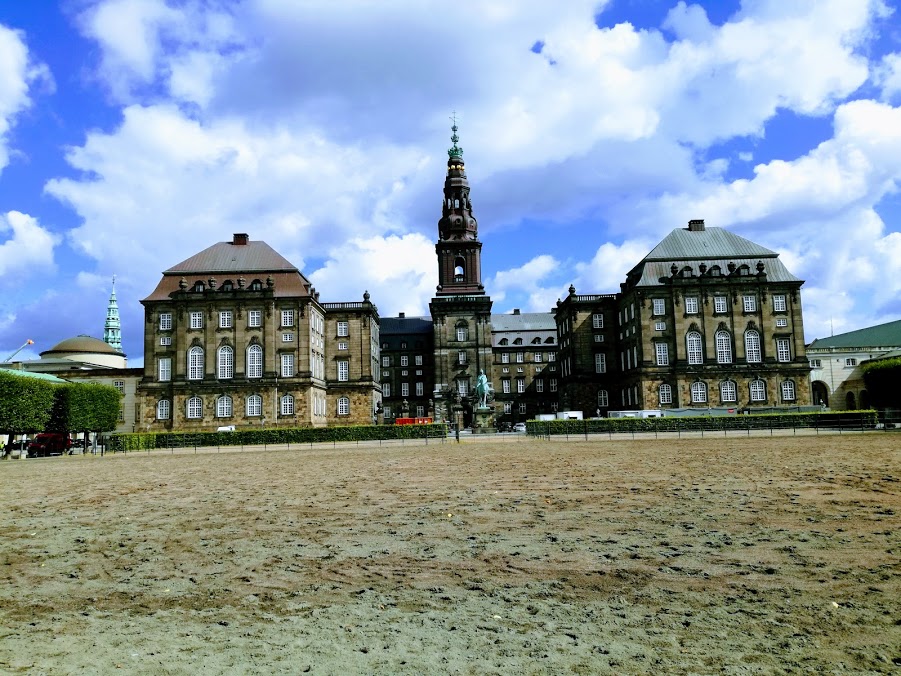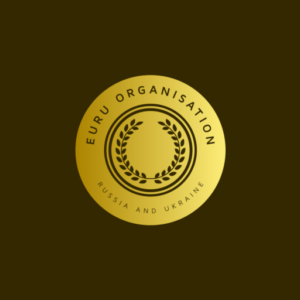It is time to focus on what is essential and not to be distracted by extraneous talk and what the future may hold and the plans of different states. The focus must be on addressing the immense suffering of the Ukrainian and Russian people due to the conflict between Russia and Ukraine and how the international community and world leaders can help resolve the conflict.
We must understand that both Russia and Ukraine are home to people who have the same desires as we do for peace, stability and economic security. These are enlightened and well-functioning societies. These countries have a population that wants to live and be able to travel safely and well in all parts of the world, and that wants peace, stability and prosperity in their communities and their neighbourhood.
Therefore, we must understand the underlying conflict between Russia and Ukraine, which has been going on for over 33 years since the Soviet Union chose to dissolve itself. At the time, there were clear indications that it would have fatal consequences if Ukraine and its people moved too far away from the Russian population and state.
It was common knowledge in diplomatic circles that this could have incalculable consequences. Just as the US does not want foreign forces in its backyard, neither does Russia want to be surrounded by unfriendly nations and alliances.
We all know that from a democratic point of view, the Baltic countries and Ukraine can choose their partners for both trade and defence as they wish. However, the problem is that if the neighbouring country, which has a strong and powerful military and is an integrated part of society, and at the same time has a president who enjoys great support from the population, then these democratic rights are of no use if the brother nation chooses to attack. And that is exactly what happened.
Therefore, we must soberly ask ourselves what went wrong and how can we moderate the conditions so that both parties will enter into dialogue and begin peace negotiations.
The essence of the conflict was minority rights in Donbas, including possible extended self-government for this area within Ukraine’s borders. Therefore, the international community must focus on these key areas in the dialogue with Russia, but in addition, there is a lot that history has shown us and which has an impact on the cool relationship between Russia and the rest of the West. Here we are talking about trade, geopolitics and minority rights in the EU and more.
The Thurkish Foreign Minister has called for a platform for future peace negotiations and I see it as obvious that these should take place in Istanbul. As we all know, around 50 countries have expressed their desire to support Ukraine economically and militarily and to help rebuild the country. This is fantastic support for the Ukrainian people.
The question is how, on the other hand, to get Russia to the negotiating table. I believe that some of the focus areas must be the rights of Russian minorities in Ukraine and the EU, greater autonomy for the Donbas region, a continued Black Sea Fleet in Crimea, coexistence on the Crimean peninsula, no foreign troops on Ukrainian soil in peacetime. In addition, a completely new security structure in Europe with demilitarized zones, both on land, at sea and in the air. As a very important point, there must also be a focus on re-establishing normal cooperation and trade relations with the Russian people and leadership.
We all know how Ukraine must be rebuilt and what future prospects the country is being offered, and this is very positive for the Ukrainian people and society. But we must not forget that if we are to have peace, stability and progress in Europe in the long term, it is imperative to normalize relations with Russia and the Russian people.
In a forthcoming article, I will discuss in detail the strategic peace initiatives that need to be considered in order to start coherent peace negotiations based on a strategic platform that focuses on the current situation and how to diplomatically end the war between Russia and Ukraine.


















